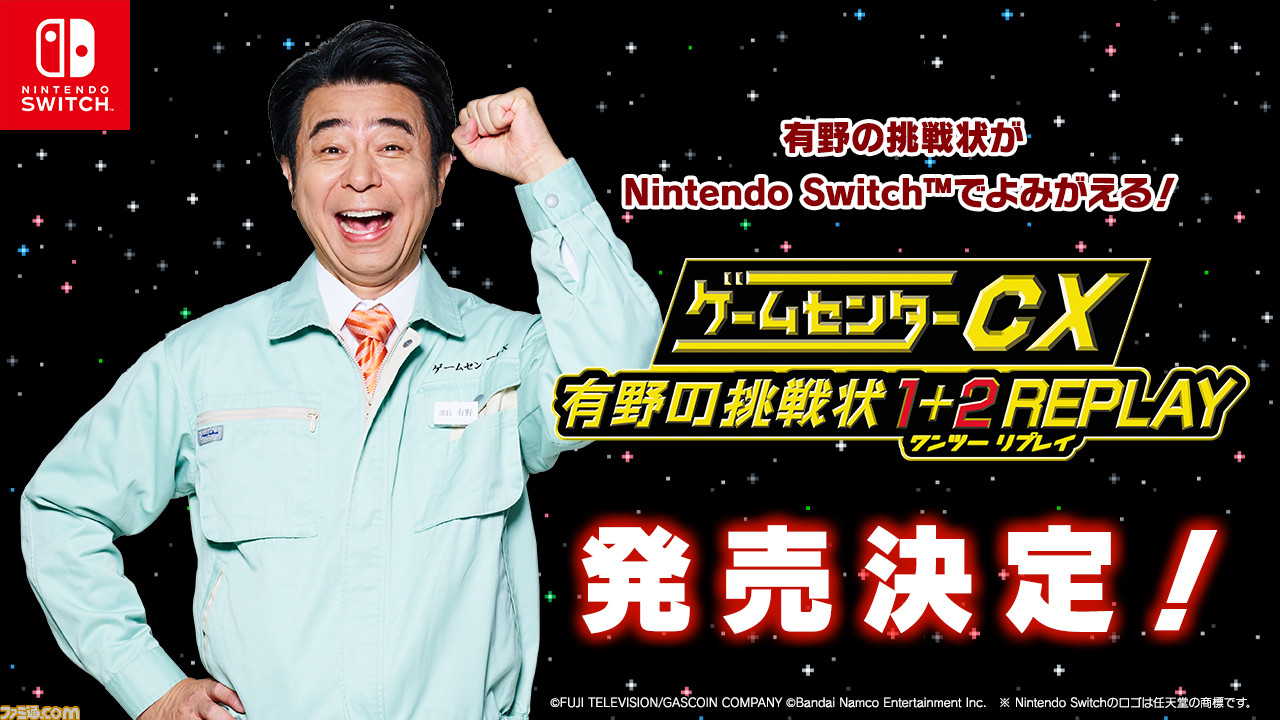@KarmaDesires
Nintendo co-developed games are usually programmed and (partially or fully) designed by an external team under the guidance of someone from Nintendo. Remember that even the original Super Mario Bros. was not fully developed in-house but programmed by SRD following Miyamoto and Tezuka's direction. SRD, Intelligent Systems, HAL Laboratory, PAX Softonica, and TOSE were Nintendo's programming arm during the early years (early 80s / late 90s). I guess they had different kinds of contracts, so you see Intelligent Systems' name on the title screen of Super Metroid, whereas SRD and PAX were not mentioned in the title screens of Mario World and Donkey Kong '94 (and TOSE by policy is always anonymous).
This interview with a former IntSys employee sheds some light on the relationship between the two companies
I originally made [the Game Bpy game Kaeru no Tame ni Kane wa Naru] to be more of an RPG like The Legend of Zelda, but I realized that copying it wouldn’t be very interesting, so midway through I simplified the battle system. I actually remade the whole system 3 times, partly because Super Mario Club (Nintendo’s in-house playtesting/debugging group) gave the first version a bad review. A
[Super Metroid] was a joint venture between Nintendo and Intelligent Systems, with Nintendo doing the planning and design, and we did all the programming. In the final push before the deadline, though, we all worked together at Nintendo’s main office and pulled many consecutive all-nighters there.
And we also have
this interview with Iwata (at the time, president of HAL)
Back then, programmers had a lot of discretion. The concept of “director” didn’t really exist yet, and planning/spec docs were likewise fairly crude and vague. The programmer himself would make a lot of decisions about the content, making guesses about how players would react to such-and-such idea. Then we’d show what we had made to Nintendo, who would give their advice, and we would go back and revise it. Most of our developments followed that pattern.
[Nintendo] would send a very general outline, along with some concept art. Then we’d make the more detailed decisions on how to bring that to life in the game. For something like Pinball, for instance, we’d decide how the ball moved, how the flipper response should feel, all those little details. Pinball was actually really well-made: in fact, it was so well done that the recently released Pokemon Pinball game uses the same basic engine!
F-1 race was also a huge challenge in a different sense. It was the first game to use raster scrolling on the Famicom, a technique that many other companies would start using after. We had to program it ourselves; raster scrolling was not an innate feature of the Famicom hardware.
So even though they were officially only handling "programming", the definition of "programming" back then also included designing the game to a certain extent (the battle system in Kaeru, the ball physics in Pinball), and they clearly worked
very very close to Nintendo.
An interesting case is the original Famicom Wars, developed by Intelligent Systems under the direction of Satoru Okada from Nintendo, who also had the original idea. Likewise, Game Boy Wars was directed by Hirofumi Matsuoka from Nintendo. At the time, Wars was in the same position as Metroid -- a series designed by Nintendo, developed by Intelligent Systems. Starting with Super Famicom Wars, the series became a "proper IntSys series", with Nintendo people supervising the project only as (co-)producers.
The working relationship Nintendo has with Eighting (or in the past with Vitei, or Platinum for Star Fox Zero) is akin to these older development models, I think. Goddard from Vitei even described his team as an "extension of EAD". In this age and time developer roles are better understood and formalized, though, and of course games nowadays are a lot bigger and require more people.





